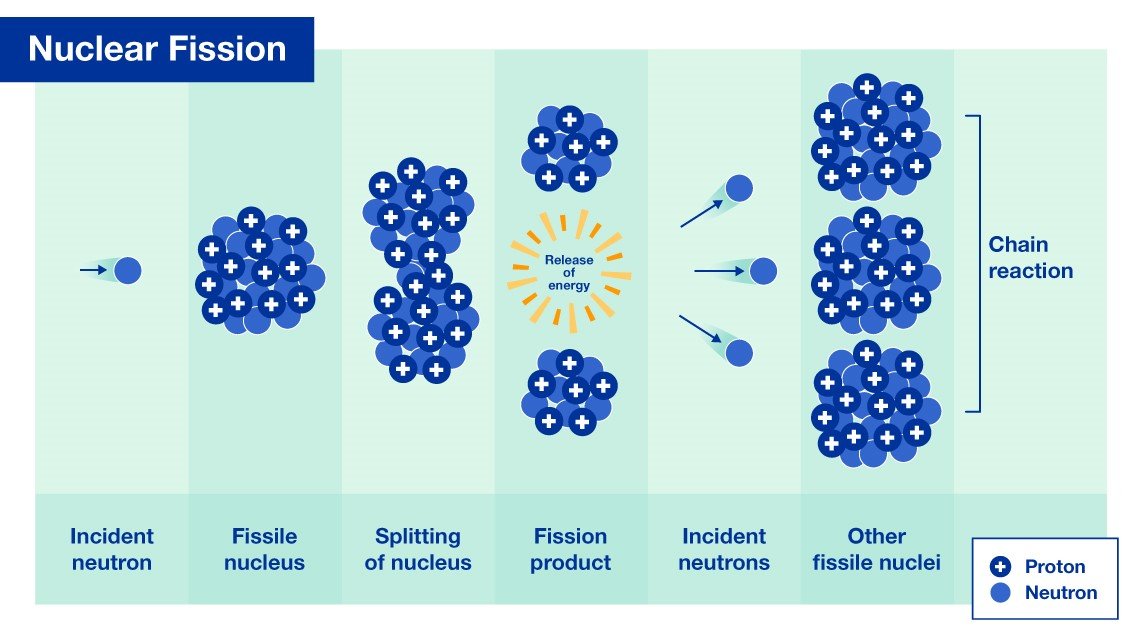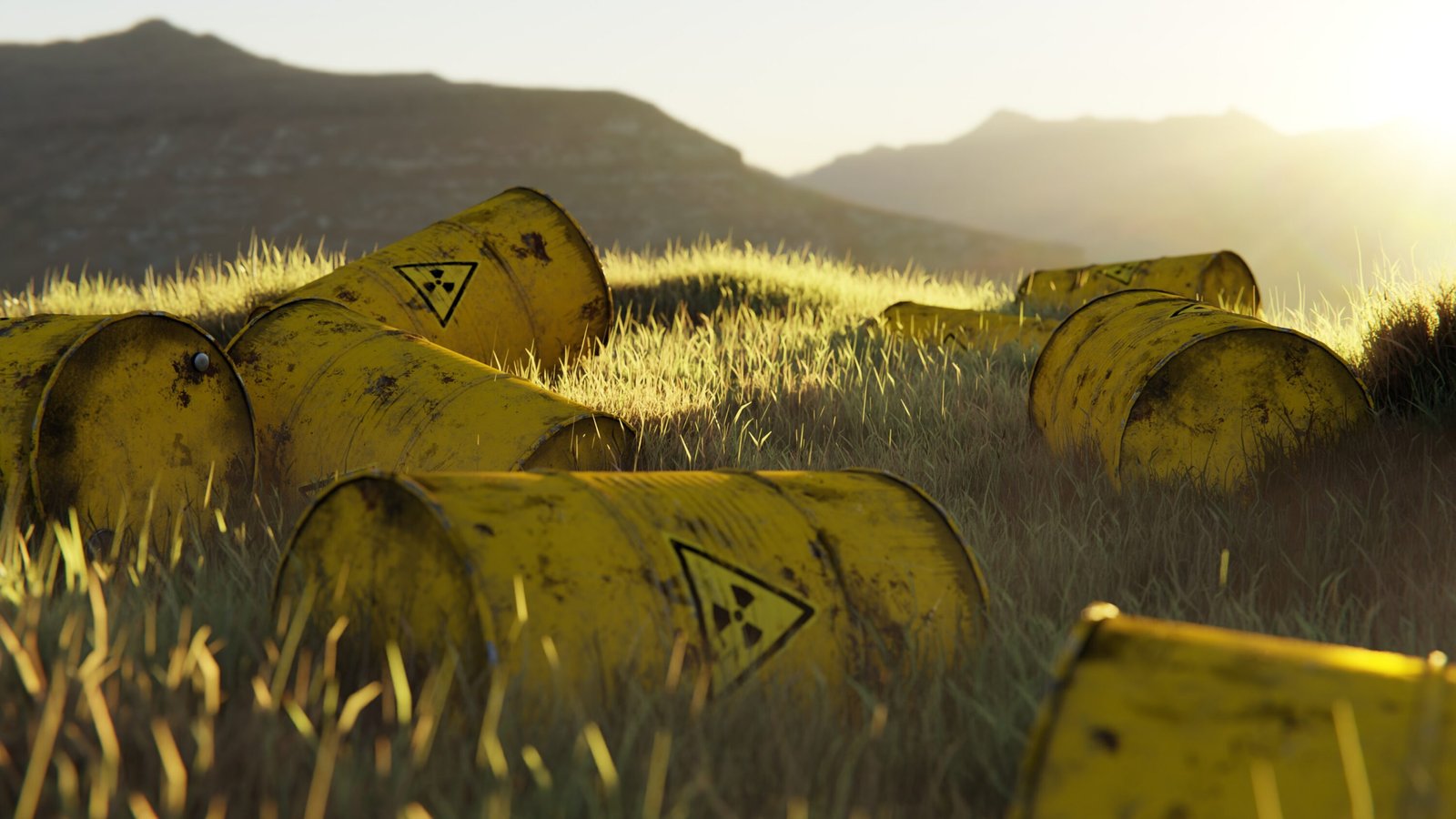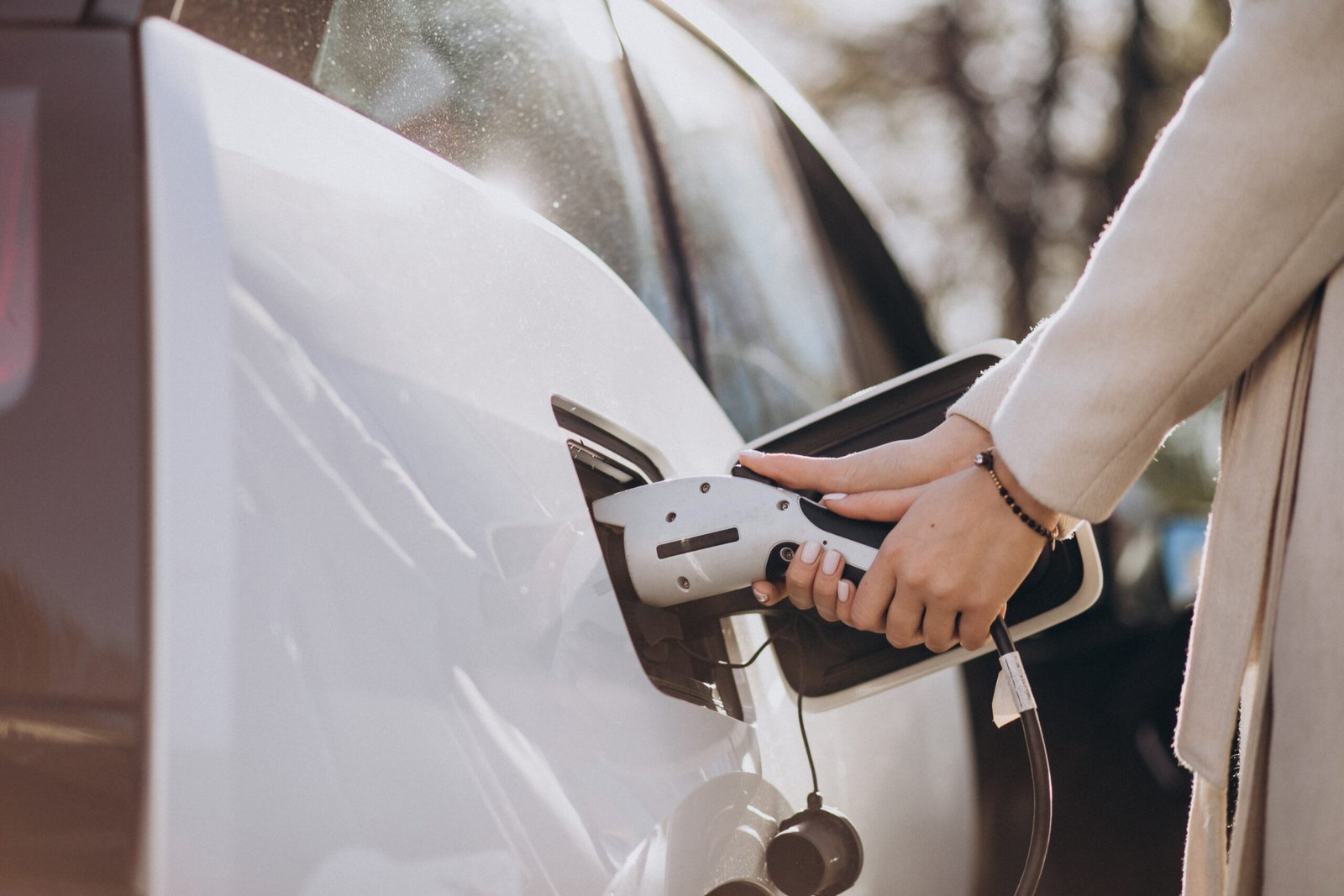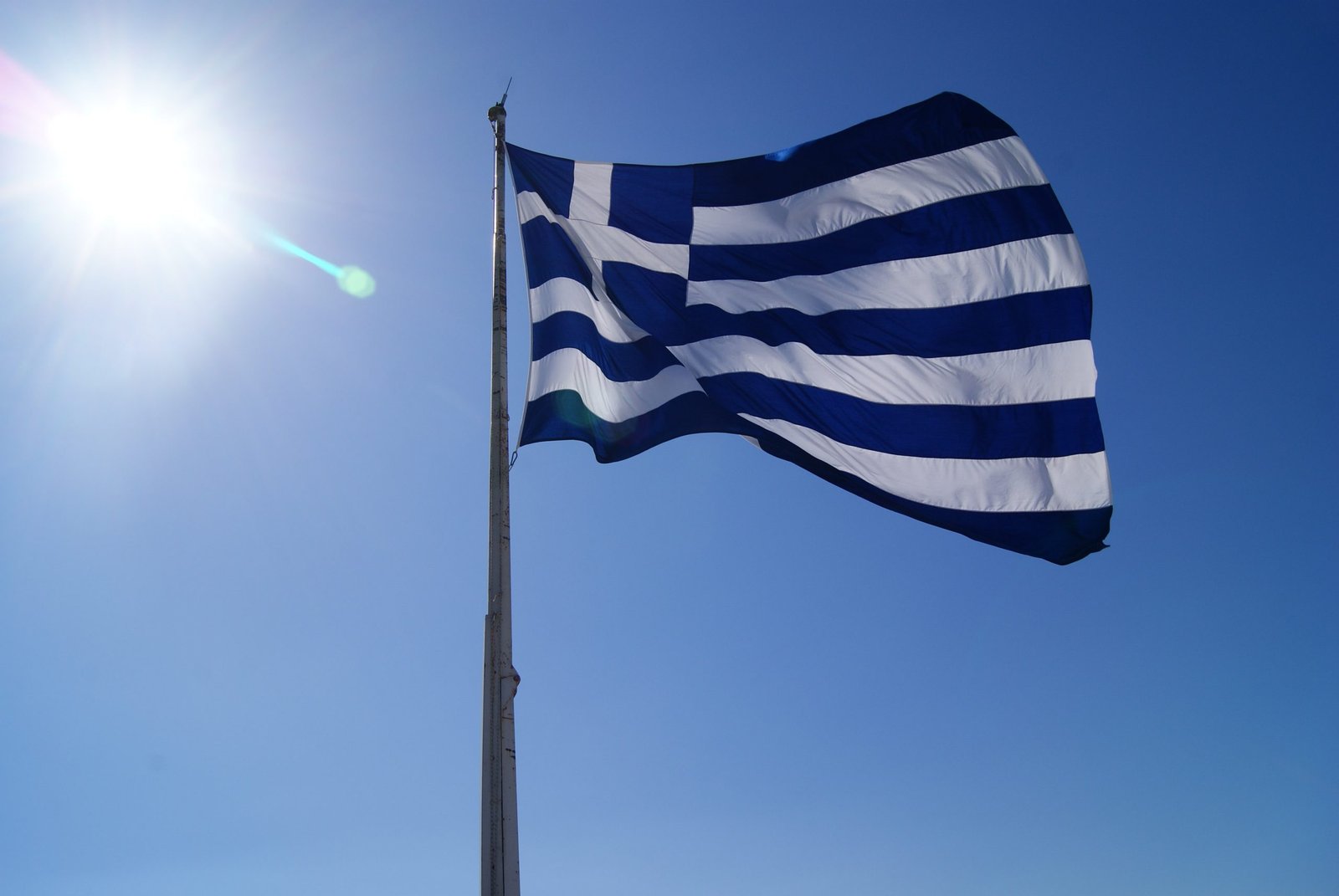Nuclear energy is a controversial topic. It has been debated for decades as to whether or not nuclear energy should be used as an alternative, renewable form of power.
While some people are afraid that nuclear energy will cause harm and destruction on a massive scale, others believe it is the best way that we can save the planet from climate change and pollution caused by fossil fuels.
Yes, nuclear power is renewable in some ways which is a great advantage against fossil fuels, but how clean is nuclear energy?
How does nuclear power work?
According to U.S.nrc (united states nuclear regulatory commission) , All power plants convert heat into electricity using steam. At nuclear power plants, the heat to make the steam is created when atoms split apart, called fission.
When atoms split apart, they release heat. When the process is repeated over and over, it is called a chain reaction. In a nuclear power plant, uranium is the material used in the fission process.
The heat from fission boils water and creates steam to turn a turbine. As the turbine spins, the generator turns and its magnetic field produces electricity.

is nuclear energy clean?
in short, yes and no.
Yes,
if you consider air pollution, nuclear power is clean. The only gas that a nuclear power plant produces is steam which can be recycled. How ever in order to find uranium, more mining is needed so in result more fossil fuels will be burned and more CO2 will be added to the atmosphere.
No,
if you consider the land pollution caused by radioactive waste, which are the byproducts of the process, then nuclear power is not clean.
According to citizen.org, A typical reactor will generate 20 to 30 tons of high-level nuclear waste annually. There is no known way to safely dispose of this waste, which remains dangerously radioactive for a quarter of a million years

Nonrenewable resources of nuclear energy
U-235
In order to generate electricity, a nuclear power plant needs a special type of uranium called U-235 which is rare and hard to find. the Uranium which can be found often on the planet is not a suitable fuel for nuclear planets.
Water
in order to cool down a nuclear reactor, power plants use extreme amount of water. a nuclear power plant may use up to 1 billion gallons of water a day. According to Stanford, in 2015, United States nuclear power plant consumed 400 gallons of water per megawatt-hour. That’s equivalent to 320 billion gallons of water which is enough freshwater to fill over 480,000 Olympic pools
is it worth it?

If you compare the cost of generating electricity between nuclear energy and other types of renewable energies, you can see nuclear power is much more expensive than rivals.
The cost of generating nuclear energy is between $112 and $189 megawatt hour, but for solar energy, this number stands between $36 to $44 and for wind energy is $29–$56 per MWh.
Also the cost of building and running a utility-scale solar power facility have dropped by 88% and for wind by 69% but for nuclear, it increased by 23%
The most important advantage of nuclear energy against current fossil fuel-based energies, is that it has much lower rate of air pollution. How ever if you put it on paper, you can see nuclear power has noticeable carbon footprint too.
Also, when you think about the radioactive waste, which is extremely harmful for both human and environment, you can see other types of renewable energies such as wind and solar are much safer and cleaner choice for the environment.
Sources:
Reuters
Stanford.edu
Citizen.org
U.S NRC
PHOTO: Markus Distelrath

Nature has always been my thing since I was a kid. I grew up surrounded by it, and it made me care deeply about keeping it safe. After studying Environmental Science and Journalism, I set out to uncover the big stories about what’s happening to our environment.










